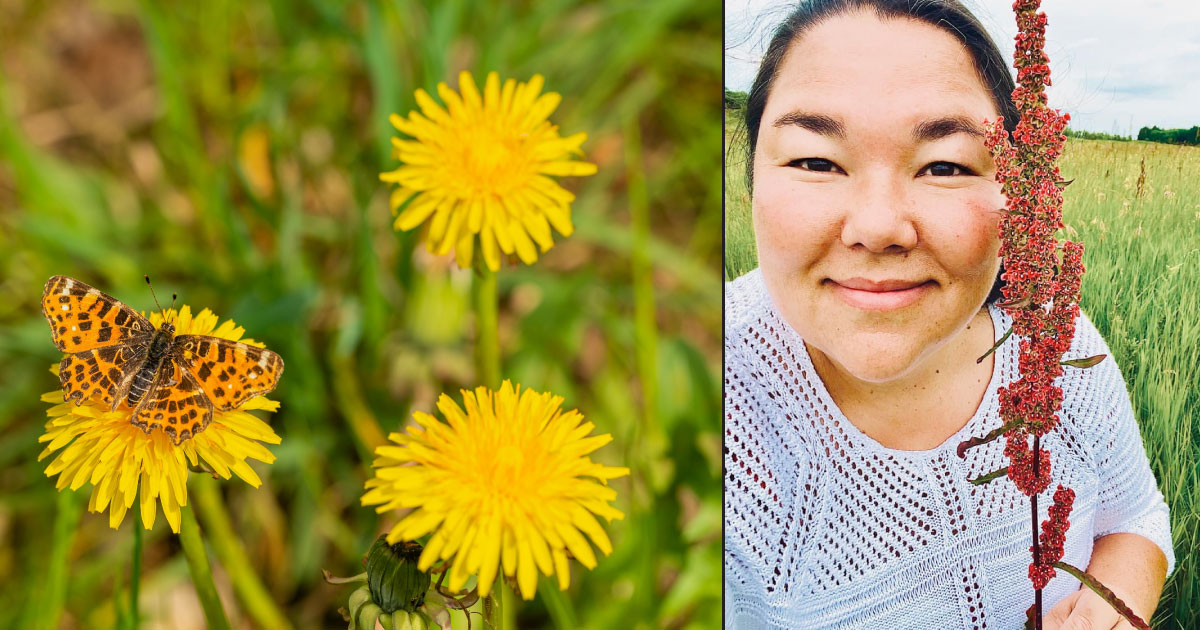
Listen to Plants, Says Indigenous Forager and Activist Linda Black Elk
The Indigenous ethnobotanist and food sovereignty activist talks about decolonizing our palates, foraging as an act of resistance, and developing closer relationships with dandelions.
February 6, 2024 | Source: Civil Eats | by Kate Nelson
Linda Black Elk grew up listening to plants. The Indigenous ethnobotanist and food sovereignty activist foraged with her mom and grandmother in the Ohio River Valley as a child, then made the Standing Rock Reservation area in North Dakota her home alongside her husband, Luke, who is Cheyenne River Sioux. These days, honoring her Korean, Mongolian, and Native roots, she teaches others how to nurture their relationships with the natural world. Together, she and Luke have spent years teaching members of their community (and their three sons) about the importance of traditional foods and medicines through publications, seminars, and hands-on workshops.
After overseeing the food sovereignty program at United Tribes Technical College in Bismarck, North Dakota, Black Elk recently became the education director for Oglala Lakota chef Sean Sherman’s Minneapolis-based nonprofit, North American Traditional Indigenous Food Systems (NATIFS). There, she’s using her vast ecological expertise to develop curriculum for the Indigenous Food Lab training center and lead community engagement programming.
“As NATIFS’ education director, I organize classes about Indigenous foods covering a wide range of specialties, from how to cook wild rice to how to make perfect corn tortillas,” she explains. “We’ll be inviting guest chefs like Crystal Wahpepah from Wahpepah’s Kitchen to come in and prepare some of her favorite dishes. We’re also in the process of building a huge video library that is completely open source, so everyone will have access to resources about food safety, knife skills, game animal processing, and more.”
